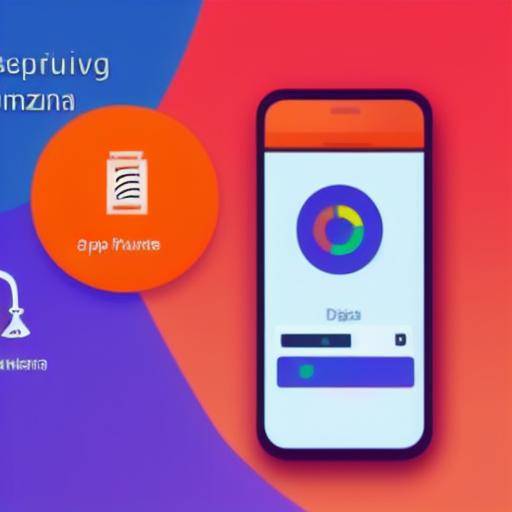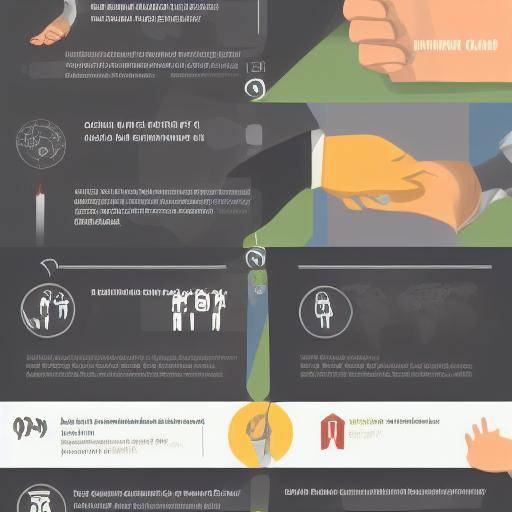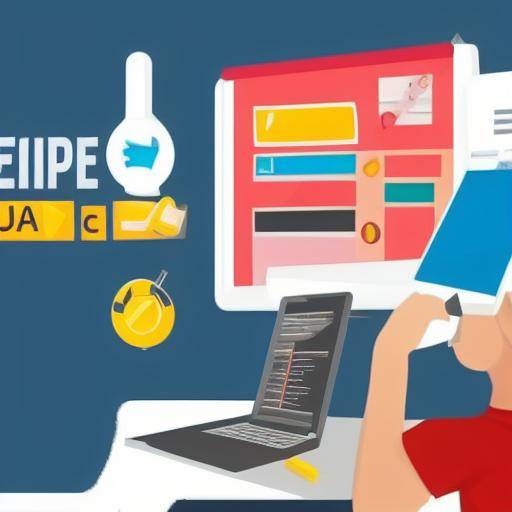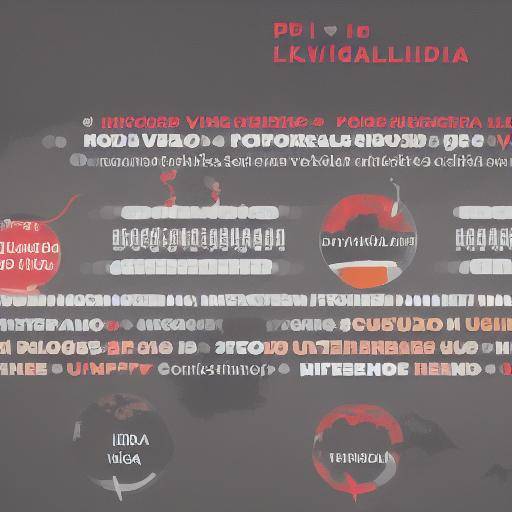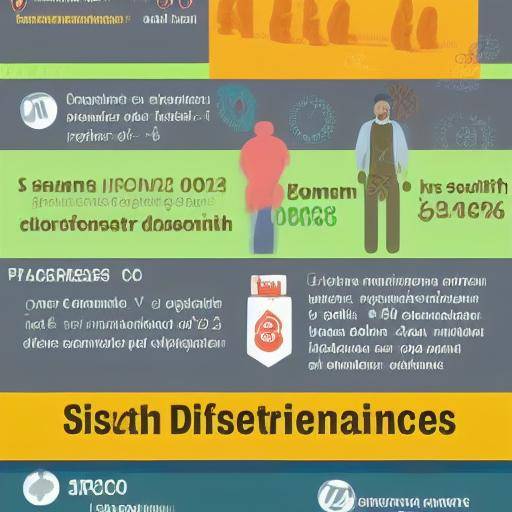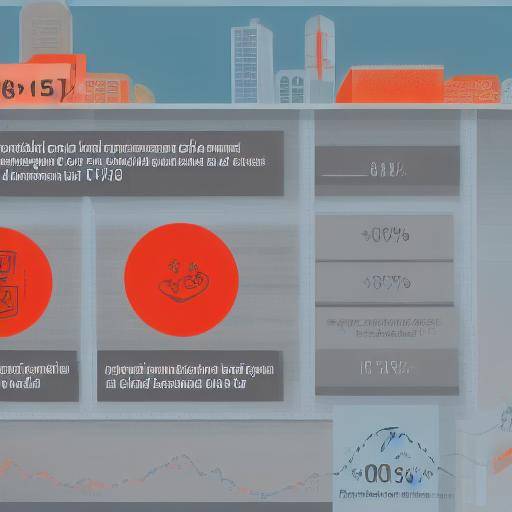
Debt consolidation is a commonly used strategy to simplify financial management and reduce debt burdens. While it has potential benefits, it is important to understand the disadvantages and risks associated with this approach. In this article, we will explore the precautions to be taken, the impact of debt consolidation and how to properly evaluate this financial option.
Precautions to Take in Considering Consolidation of Debts
In considering debt consolidation, it is essential to take certain precautions to ensure that this strategy is the best option for its financial situation. Here are some key precautions to consider:
Evaluate Interest Rates
It is important to compare existing debt interest rates with consolidation programme proposals. Make sure the new interest is not significantly higher than your current debts.
Analyze Associated Rates
Some debt consolidation programmes may have hidden fees or additional charges. Make sure you fully understand any rate or cost associated with the consolidation process.
Consider the Impact on Credit History
Debt consolidation can have an impact on your credit history. Before proceeding, consider whether this impact could adversely affect your future financial opportunities.
Assess the Payment Capacity
Make sure you can fulfill the payments of the new consolidation loan. Evaluate your current and future capacity to deal with these payments without incurring more debt.
Impact of Consolidation of Debts
Debt consolidation can have multiple impacts on an individual's financial situation and overall well-being. We then explore the main impact points to consider when opting for debt consolidation.
Simplification of payments
One of the clear advantages of debt consolidation is the simplification of payments. A single monthly payment can reduce the burden of tracking and managing multiple debts.
Potential Interest Saving
In some cases, debt consolidation can lead to interest savings, especially if the new loan offers lower rates than existing debts.
Impact on Credit History
Debt consolidation can have an impact on credit history. This impact can vary according to the consolidation approach and the current credit situation.
Risk of Increase Total Debt
It is important to consider the risk of increasing total debt if the underlying causes of excessive indebtedness are not addressed. Without a change in financial habits, debt consolidation can result only in temporary relief.
Evaluation of the Debt Consolidation Option
Before opting for debt consolidation, it is essential to undertake a comprehensive assessment to determine whether this strategy is the most appropriate for its situation. The critical aspects to consider when assessing debt consolidation are described below.
Existing Debt Charge Analysis
Carefully assess your existing debt burden, including outstanding balances, applied interest and payment deadlines. Understanding this situation completely is critical to determining whether consolidation is the best option.
Comparison of Consolidation Options
Explore the different consolidation options available, such as personal loans, credit card balance transfers or credit lines with mortgage warranty. Compare interest rates, terms and conditions to identify the most beneficial option.
Alternative Assessment
Consider other debt management strategies, such as budget adjustment, creditor negotiation or credit advice. Debt consolidation is not the only solution and it is essential to explore other alternatives before making a decision.
Long-term Impact Projection
Make projections on the long-term impact of debt consolidation on its financial situation. Consider how this strategy could affect your ability to achieve long-term financial goals, such as housing purchase or retirement.
Consultation with Financial Professionals
If you have doubts or concerns, seek guidance from financial professionals, such as credit advisors or financial planners. Getting an expert opinion can provide you with valuable information to make an informed decision.
Conclusion
Debt consolidation can be a useful tool for those seeking to simplify their finances and reduce the burden of multiple debts. However, it is crucial to address precautions and adequately assess the consolidation option to mitigate risks and maximize benefits.
Understanding the impact that debt consolidation can have on its financial situation and careful evaluation of its options are key steps in informed financial decision-making. When considering debt consolidation, remember to take precautions, evaluate impact and carefully consider whether this strategy is the most appropriate for your financial needs.
FAQs
Does debt consolidation always reduce the financial burden?
Not necessarily. If the underlying causes of excessive indebtedness are not addressed, debt consolidation may result in temporary relief and possibly increase long-term debt.
How does debt consolidation affect my credit history?
Debt consolidation can have an impact on your credit history. A new consolidation loan and the closure of previous accounts may affect the duration of credit history and the relationship between balance and credit limit.
What debt management alternatives should I consider before opting for consolidation?
Before opting for debt consolidation, consider adjusting your budget, negotiating with your creditors, seeking credit advice or exploring debt settlement programmes.
Does debt consolidation always result in interest savings?
It depends on interest rates and the terms of the existing debt compared to the new consolidation loan. It is crucial to carefully compare rates and evaluate the total cost over the period.
Should I consider debt consolidation if I have difficulties in making current monthly payments?
Debt consolidation can be an option if you have difficulty managing multiple payments, but it is crucial to assess whether you can meet the payments of the new consolidation loan before opting for this strategy.
How many times can I consolidate my debts?
There is no specific limit for debt consolidation, but it is essential to consider the long-term implications of each consolidation. Consider the impact on your credit history and your ability to meet your payment obligations.
Sources consulted
- Consumer Financial Protection Bureau - Consolidating Debt
- Federal Trade Commission - Coping with Debt
- National Foundation for Credit Counseling
Thank you for reading! We hope that this guide has provided a clear overview of the precautions, impact and assessment associated with debt consolidation. Remember that informed financial decision-making is critical to ensuring your long-term financial well-being.














